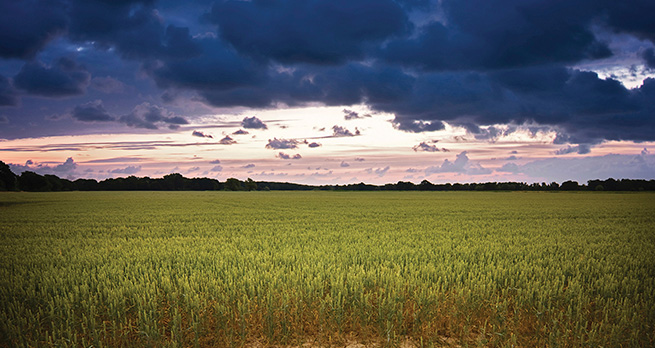2.2 Land acquisitions in Africa
While land acquisition is taking place in many parts of the world (New Zealand, China, across Latin America), the greatest volume of transactions is happening in Africa. This move to take control of farmland on a large scale is referred to as ‘land grab’ in many places, particularly in Africa.
Activity 2 Land grab in Africa
Read the article ‘Analysis: Land grab or development opportunity?’ [Tip: hold Ctrl and click a link to open it in a new tab. (Hide tip)] (BBC News, 2012), which gives an overview of the situation in Africa. Then answer the following questions.
1. How might you distinguish between a legitimate land deal and a land grab?
Answer
The local context of the deal is very important, particularly the investor’s track record and the terms of the lease. Another important point is whether local landholders have been consulted and have had the opportunity to give their consent freely, and whether they have been offered any compensation for loss of land.
2. Why are many land deals seen as land grabs?
Answer
The power imbalances between the international companies, host government and local landholders do not always encourage transparency and full consultation. This has led to accusations of land grab. Local farmers often have insecure titles to the land, which is a further issue leading to dispute. Where the land legally belongs to the government, local landholders may have no rights under the law, hence no legal recourse. But local communities may feel a sense of profound injustice at being evicted from land, especially when generations of the same families have lived on the land.
3. Are there ways that local farmers can be supported and enabled to stay on the land?
Answer
International companies can support local farmers through the creation of cooperatives to boost productivity and improve access to markets. The government can also support family farms through public policies and investment in infrastructure.
